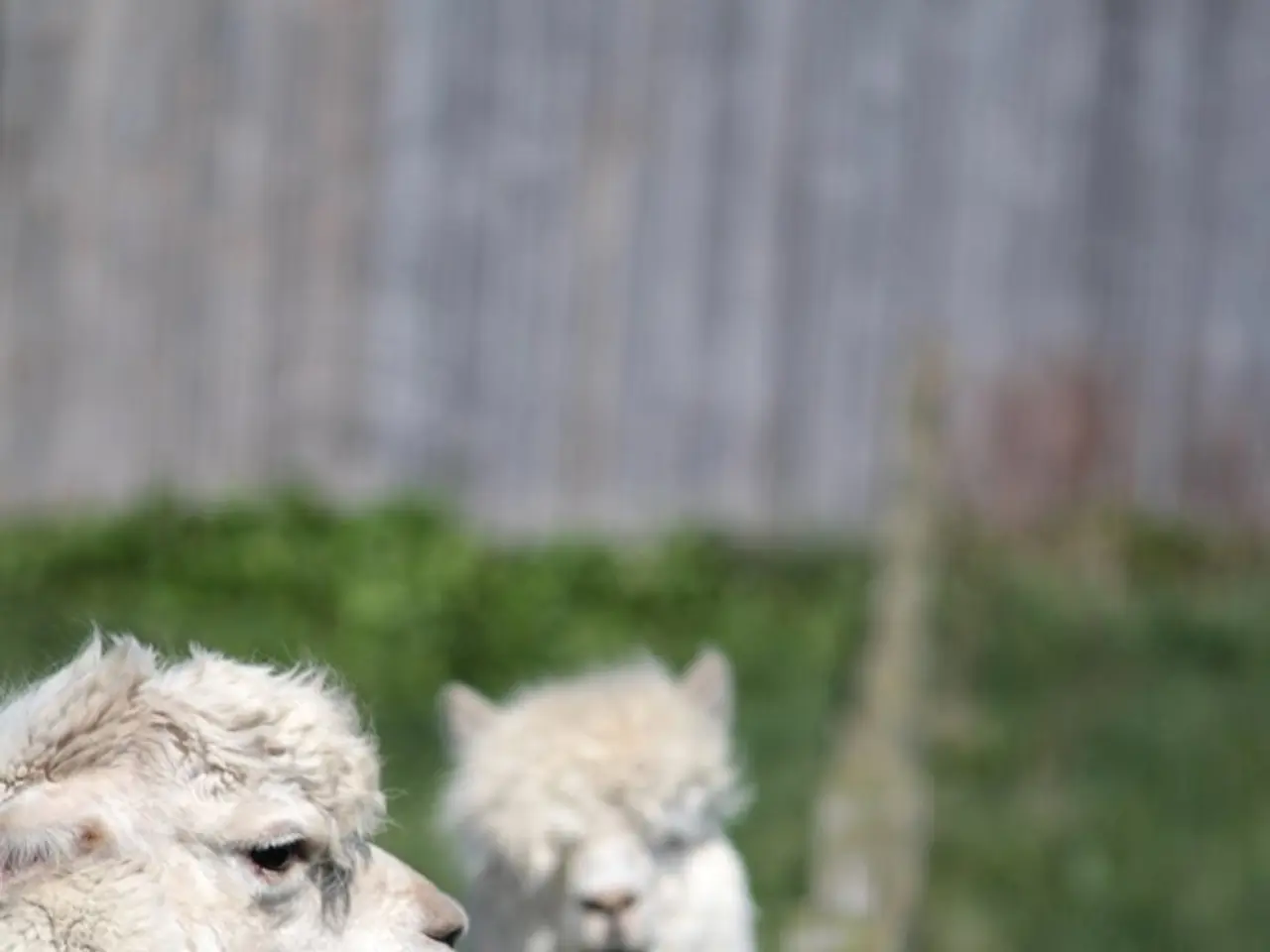Wolf Attack in Swiss Alps Exposes Flaws in Livestock Protection
A recent wolf attack in Switzerland's Upper Engadin region has sparked a review of livestock protection measures. The incident, described as 'major' by local authorities, resulted in significant losses and raised questions about the adequacy of current safeguards.
On a fateful day in the Fex Valley, a wolf attack left 37 sheep affected, with 11 killed instantly and another 26 injured sheep later euthanized. The alpine season was cut short, and the surviving sheep were returned to the valley. Adrian Arquint, head of the Graubünden Office for Hunting and Fishing, acknowledged the severity of the incident and the limitations of existing protective measures.
Investigations revealed that no effective herd protection was in place at the time of the attack, despite the presence of a pasture fence that was left open. This has led experts and animal welfare organizations to attribute the problem to systemic deficiencies in livestock protection, rather than blaming the wolf's behavior alone. The Upper Engadin Farmers' Association accepts the presence of wolves but expresses concern about increasing numbers and insufficient protective measures.
In response to the attack, the Graubünden Office issued a 60-day hunting permit during the peak hunting season. However, this move has been criticized for scapegoating the wolf while ignoring structural weaknesses in pastoral management. Federal policymakers now recognize the need for clear legal obligations and consistent livestock protection to ensure coexistence between grazing animals and wolves.
The wolf attack in the Upper Engadin has highlighted the urgent need for improved livestock protection measures. While wolves are a part of the ecosystem, it is crucial to address the systemic issues that leave grazing animals vulnerable. The focus should be on enhancing protective measures, such as the use of livestock guardian dogs and the density of care for the sheep, rather than solely relying on hunting permits.








